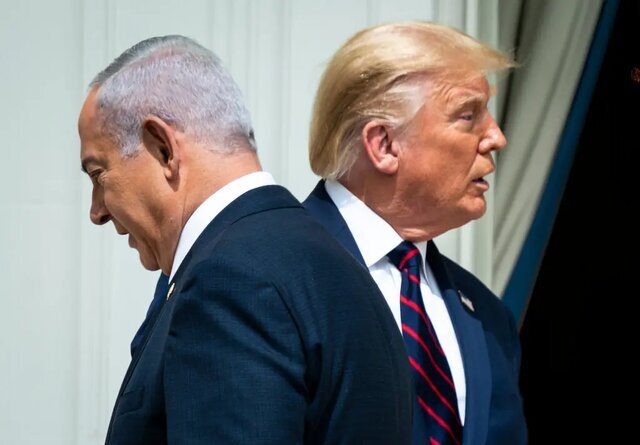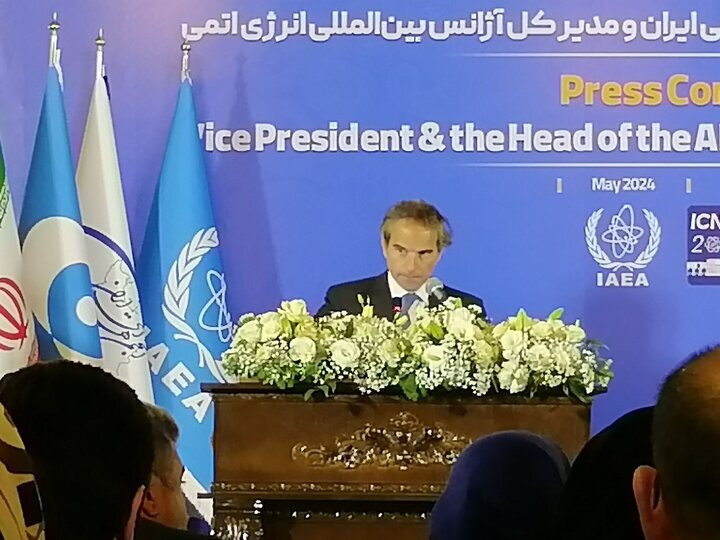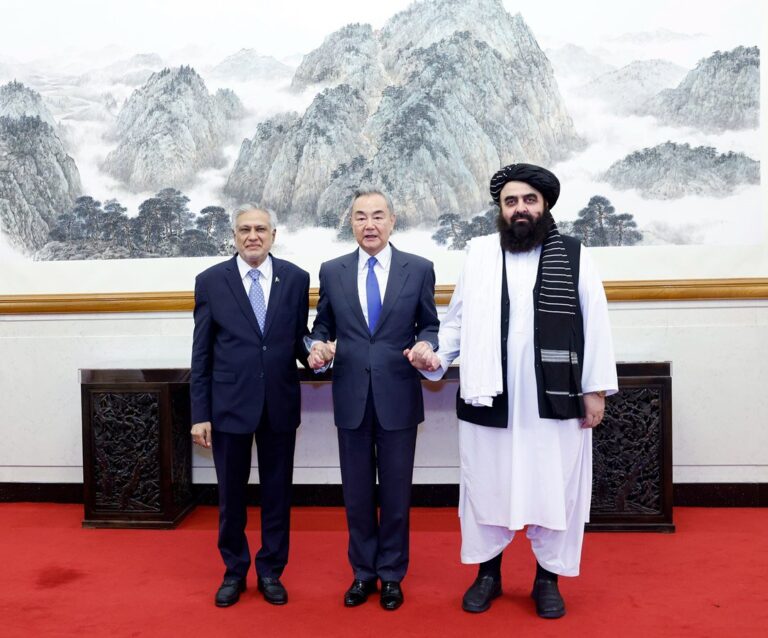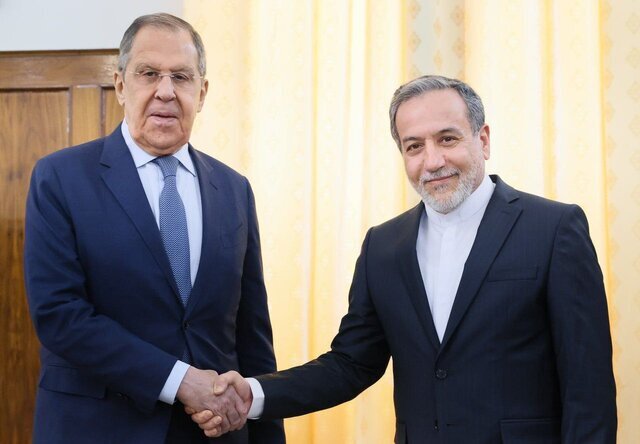Trump’s Surprise Move: Undermining Netanyahu During Key Visit
On April 6, Israeli Prime Minister Benjamin Netanyahu’s visit to Washington, D.C., marked a pivotal moment aimed at addressing pressing issues between the U.S. and Israel. This meeting with U.S. President Donald Trump was particularly significant following the recent imposition of new tariffs on Israeli goods. The discussions were supposed to cover U.S.-Israel trade relations, the ongoing conflict in Gaza, the release of prisoners, tensions with Iran, and Israel’s contentious stance with the International Criminal Court (ICC). However, the outcome left many observers questioning the effectiveness of the visit.
Reports from both Western and Israeli media highlighted the lack of substantive progress achieved during the meeting, prompting skepticism regarding its overall purpose. As the situation unfolds, here are the key points surrounding the Netanyahu-Trump meeting:
- Missed Opportunities: Initial reports created a sense of optimism, with Netanyahu expressing hope that the “special bond” between the U.S. and Israel would lead to positive outcomes regarding tariffs and hostages. Unfortunately, the results were disappointing.
- Noncommittal Stance: Trump remained noncommittal on tariff reductions, diverting focus to broader geopolitical issues such as Iran’s nuclear ambitions and military operations in Yemen.
- Lack of Concrete Outcomes: Despite speaking to reporters in the Oval Office, both leaders failed to announce any tangible agreements. Netanyahu reiterated Israel’s commitment to eliminating Hamas but received no assurances on tariff relief.
- Western Media Reactions: Outlets like The New York Times and The Washington Post framed the meeting as a missed opportunity, indicating that the alignment between Trump and Netanyahu did not yield actionable results.
- Israeli Media Perspectives: Israeli media described the meeting as a potential failure. Reports indicated that Netanyahu returned to Tel Aviv empty-handed, having not secured agreements on key bilateral issues.
The meeting’s abrupt conclusion raised eyebrows, with the joint press conference that was anticipated never materializing. Speculation arose regarding disagreements or lack of progress that may have led to this decision. Political commentators observed that Netanyahu appeared more as a symbolic figure than an active negotiator, with his influence seemingly diminished.
According to political correspondent Barak Ravid, Netanyahu’s position was described as “weakened and humiliated.” He served as merely a backdrop to Trump’s broader agenda, which seemed to prioritize renewed engagement with Iran over Israeli concerns. This sentiment was echoed by various Israeli officials who displayed visible tension and frustration throughout the visit.
The fallout from the meeting was swift and severe. Yair Lapid’s spokesperson, New Dimor, characterized the trip as one of the most humiliating moments for an Israeli prime minister, emphasizing that Netanyahu’s visit resulted in public embarrassment for Israel without any diplomatic wins. He stated, “Trump used Netanyahu as nothing more than a decorative fixture to lend symbolic legitimacy to forthcoming U.S.-Iran negotiations.”
Social media reactions from Israeli users and commentators echoed this frustration, labeling the trip as “the most failed ever” in Netanyahu’s history of visits to the U.S. Many expressed concerns that Netanyahu’s international engagements were more about personal survival than serving national interests. Trending topics reflected a blend of disappointment and cynicism, questioning the effectiveness of Netanyahu’s leadership.
As the implications of this failed visit settle in, they may extend beyond immediate political embarrassment. With changing dynamics in Washington and a potential thaw in U.S.-Iran relations, Israel may find itself increasingly isolated and forced to reevaluate its regional strategy and diplomatic approach.
In summary, Netanyahu’s Washington visit highlighted the limitations of the Trump-Netanyahu alliance. Instead of strengthening ties or achieving concrete results, the trip concluded in disappointment, with no progress made on tariffs, hostages, or broader strategic concerns. Western media criticized Trump’s transactional approach, while Israeli media lamented Netanyahu’s inability to deliver meaningful outcomes, raising critical questions about his leadership and Israel’s future direction.
As both leaders grapple with domestic and international pressures, the repercussions of this visit serve as a cautionary tale about the dangers of prioritizing political maneuvering over substantive discussions. Although the special bond between the U.S. and Israel remains intact for now, its longevity will rely on whether future engagements can yield more than mere rhetoric and photo opportunities. For the time being, the abrupt end to Netanyahu’s trip will stand as a symbol of unfulfilled promises and missed opportunities in a region characterized by ongoing tension and uncertainty.






